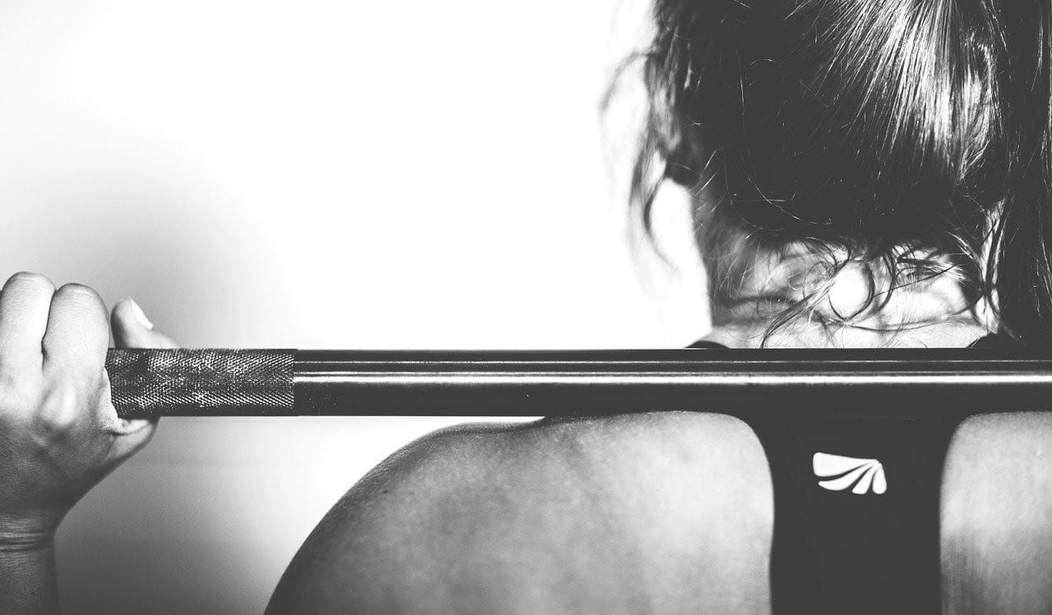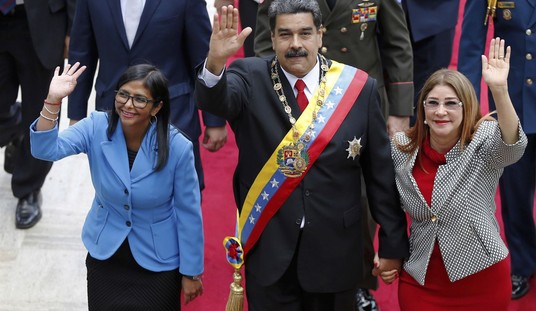The most astonishing development in American history has occurred over the past few weeks: COVID-19 emerged from the People’s Republic of China, and because people were told to be afraid of getting sick, they welcomed governments at the state, county, and local levels to divide all businesses into two categories: essential and non-essential, and close all the non-essential businesses. Because of this unprecedented response to this year’s contagious disease, the economy of the entire United States almost overnight suffered a blow unlike anything in its history, and, as of now, we have absolutely no idea what will happen to it.
I have been in the fitness industry since 1978, so I’m pretty familiar with the way it operates – and the circumstances under which it cannot operate. The most obvious problem with a fitness facility is that if you lock the doors, people cannot come in. Quite simply, the industry is predicated on membership fees: you buy a membership to the club that allows you to use equipment that you would not normally own yourself, because of the expense and the space requirements. The fewer the hours the gym is in operation, the more restricted your access to the stuff you’re paying to use, so many gyms offer extended access to the gym to make the membership more valuable and therefore both easier to sell and worth more money. Access is the product we sell.
If the government takes control of your hours of operation, or your absolute availability, the government is taking control of the very essence of the thing you are selling. A hamburger stand may be severely impacted by closing the front doors in favor of the drive-thru, but there’s no such thing as a drive-thru gym. The idea seems to be that a gym places people in sufficient proximity to each other that disease transmission is unavoidable. This has never been studied or proven; it was just assumed to be the case. And, of course, people are incapable of calculating the risk of going to the gym for themselves, and mitigating that risk by distancing, hand-washing, etc., although they were “allowed” to do so in all previous epidemics.
And despite the fact that the subway system in New York City, an obviously analogous disease vector in the hotbed of COVID-19 in the U.S., has not yet been shut down, every gym in NYC and New York State (where you can wash your hands) is closed until further notice. In other words, until the government decides to “allow” their owners to use their property as they see fit, they are closed, along with bars, restaurants, and all other retail that must be conducted in a building – except for some businesses that must be conducted in a building, like Walmart, Home Depot, and Lowe’s. (As of now, I am aware of no plans to alter the taxes on these properties that are obviously affected by a government taking.)
Two things must immediately be considered, not just by the fitness industry but by all businesses having the misfortune to be labeled “non-essential”:
- What happens next time a novel disease makes the rounds? One of the facts about life on this planet is that we share it with other life forms, some of which are contagious diseases. It has always been this way, and always will. Some of us will die of contagious disease, and the poorer our health, the greater the likelihood of this happening. Use of the gym makes us healthier and stronger – that’s why we do it.
But the government has just shown us exactly what will happen next time such a disease comes along. They have removed all doubt about who decides whether gyms and other “non-essential” businesses are “allowed” to operate. Their owners and the market for their services have been declared irrelevant in favor of the wisdom of mayors, county judges, and governors. In the absence of the passage of very strong laws preventing this very action – perhaps as unlikely an event as the explosion of the sun – these businesses will face periodic arbitrary closure from now on. Power once taken is not returned voluntarily.
- In consideration of this, how likely is a bank or an investor to lend money to anybody contemplating the silly idea of opening a “non-essential” business? How likely is a commercial landlord to lease to a business that cannot afford to pay its rent every other winter? Is a nice sit-down restaurant or any bar a viable business under these circumstances? Will all food be take-out from now on, or will Walmart and Home Depot, with their now-incalculably-valuable “essential” status, move into the food-service sector, with restaurants inside their essential stores? The questions boggle the mind.
As far as the fitness industry is concerned, we’re all in trouble. Places like mine, which are paid for and debt-free, can hunker down for a while. Bigger commercial gyms, with a lot of floor and a lot of rent, and an equipment note and a big payroll, have a lot harder time. Gold’s has already permanently closed some locations, 24 Hour Fitness is looking at a reorganization, and all the other big chains are being forced to reevaluate their very existence under the threat of periodic closure by the mayor. They can compete with each other, but they can’t compete against the police.
As I see it, the future of the industry lies along two paths. First, small gyms that concentrate on low overhead (aided by lots of empty retail space and perhaps newly-cooperative landlords), running debt-free, and offering exceptional service at a higher price point will be able to withstand periodic closures if they’re not too long. If closure is built into the cash flow management model, small gyms might be able to survive, and large companies may decide to move into this niche. But I don’t see the possibility of a viable new 30,000 square foot commercial gym in the future. Some areas, with a proven predisposition to government control of private business, will be gym-free very shortly.
The other path is the home gym. Depending on how you train, and your ability to make training independent of the social exposure that is an important part of the activity for some people, a gym in the house is the best way to go. At this time, lots of people have already decided on this, and there may not be a single 45-pound plate for sale in the country, new or used. This very fact opens up business opportunities for people, and I know several who have responded.
This is a catastrophe of our own making. We have responded to a bad situation in a shameful way. Some of us have given up liberty for perceived safety, and some of us have seized power in this undeniably rich opportunity to abuse cowardice. It will be interesting to see how the market responds to such an insult. And it will – it always does.
Editor’s Note: Want to support PJ Media so we can keep telling the truth about China and the virus they unleashed on the world? Join PJ Media VIP and use the promo code WUHAN to get 25% off your VIP membership.








Join the conversation as a VIP Member